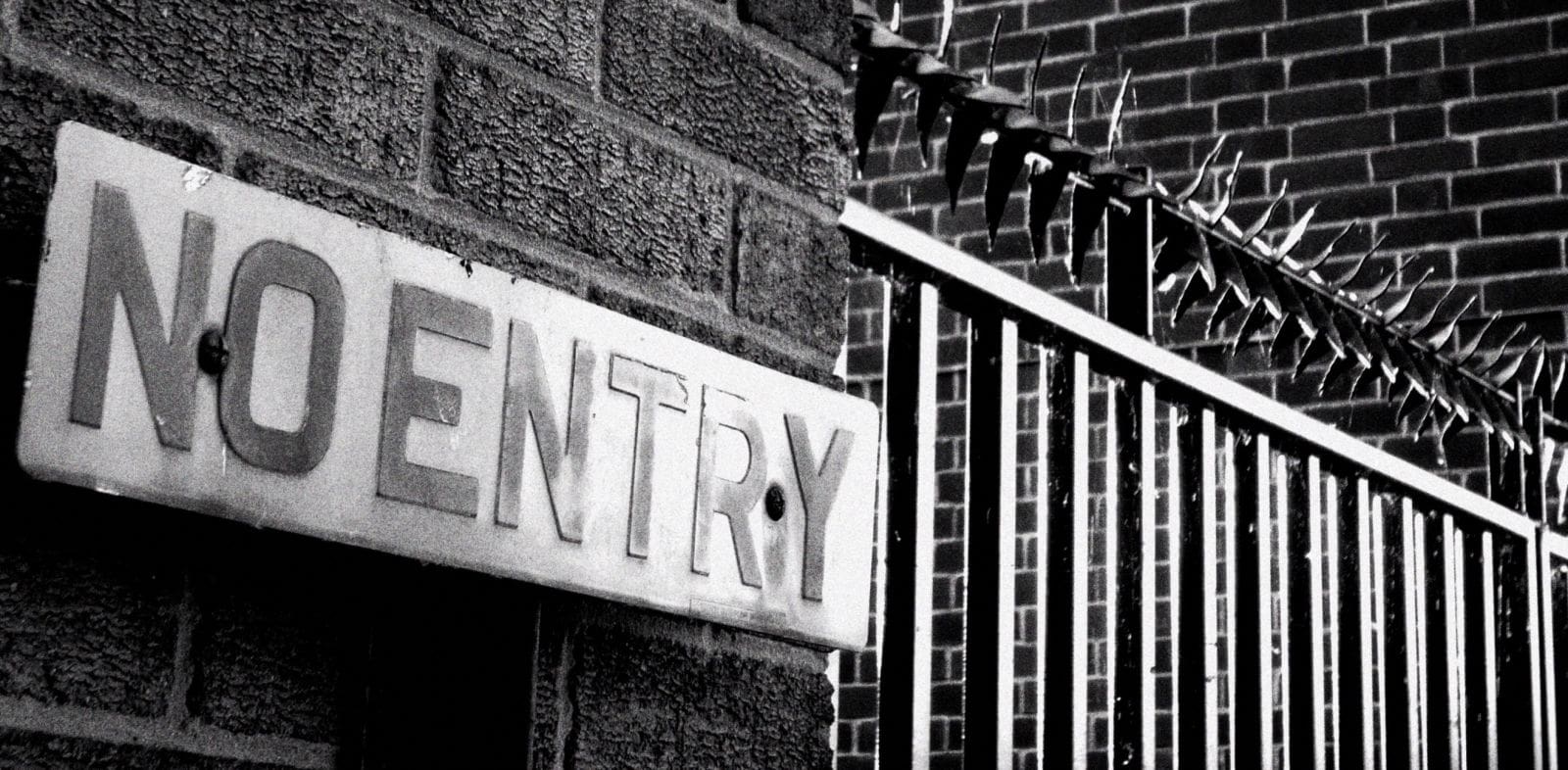We have filed a third-party intervention before the European Court of Human Rights in the case of Gleb Vyacheslavovich Paykachev v. Russia. In this case, the public and the media were excluded from attending defamation proceedings that had been brought by a police officer against a news website.
“This case concerns the fundamental concept of ‘open justice,’” says Jonathan McCully, MLDI’s Senior Legal Officer, “the media’s ability to access and report from judicial proceedings is an indispensable aspect of ‘open justice.’ Not only does the media expose judicial proceedings to public scrutiny, they also contribute to wider public debate that can often surround such proceedings.”
The case has been brought to the European Court of Human Rights by a journalist, Mr. Paykachev, who was refused access to defamation proceedings that had been instituted by a police officer against a news website. The news website had been reporting on allegations that the police officer had severely beaten someone who had been involved in a quarrel with the officer’s father. The Russian court granted a request from the officer’s legal representative to exclude the press and the public from the proceedings to protect information related to the officer’s personal and private life from being disseminated, such as his place of work, his place of residence, and his image. For this reason, Mr. Paykachev was refused access to the proceedings.
In his case before the European Court of Human Rights, Mr. Paykachev argues that the exclusion of the press from the proceedings was not necessary and proportionate. Accordingly, he argued that the exclusion violated his right to receive and impart information of great importance to the public.
In our brief, we draw on international and comparative law to contend that denying media access to defamation proceedings will usually amount to a disproportionate restriction on the right to freedom of expression. In doing so, we highlight the importance of the media’s role as “public watchdog” in ensuring the public are informed about matters of public interest, including court proceedings. Furthermore, we submit that aspects of defamation proceedings justify even greater protection of the media’s right to access and report on such proceedings. “A public hearing is an essential feature of defamation cases,” says Jonathan McCully. “For instance, public vindication is a key outcome sought in these types of cases and, in modern societies, this is usually achieved through the media’s ability to report on such proceedings.”
Read the brief here.
Attached files:
![]() Intervention in Paykachev v. Russia
Intervention in Paykachev v. Russia
Recent News
Landmark Ruling: Kenya’s High Court Declares Colonial-era Subversion Laws Unconstitutional
Media Defence welcomes the verdict of the High Court in Nakuru, striking down sections of the Kenyan Penal Code which criminalise subversion, citing them as relics of colonial oppression that curtail freedom of expression. Justice Samwel Mohochi, delivering the judgment, asserted that these provisions were overly broad and vague, stifling dissent rather than serving any […]
UN Rapporteurs Call for Protection of Brazilian Journalist Schirlei Alves
UN Rapporteurs Call for Protection of Brazilian Journalist Schirlei Alves Amid Defamation Charges Stemming from Rape Trial Coverage A letter dispatched by UN rapporteurs to the Brazilian Government calls for protective measures for women journalists covering cases of sexual crimes. The letter also denounces the conviction of Brazilian investigative journalist and women’s rights defender, Schirlei […]
Convite à apresentação de candidaturas: Cirurgia de litígio em português na África Subsariana
Cirurgia de litígio em português na África Subsariana Aplique aqui 23 a 25 de julho de 2024 em Nairobi, Quénia Prazo: 3 de maio A Media Defence está a convidar advogados sediados na África Subsariana que falem português a candidatarem-se a participar numa próxima cirurgia de litígio sobre o direito à liberdade de expressão e […]



